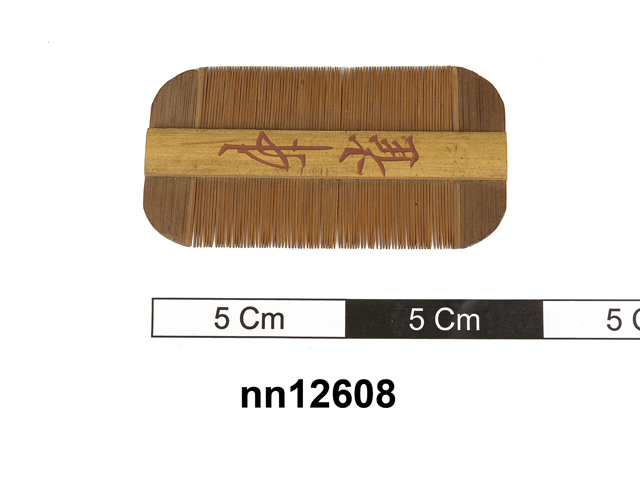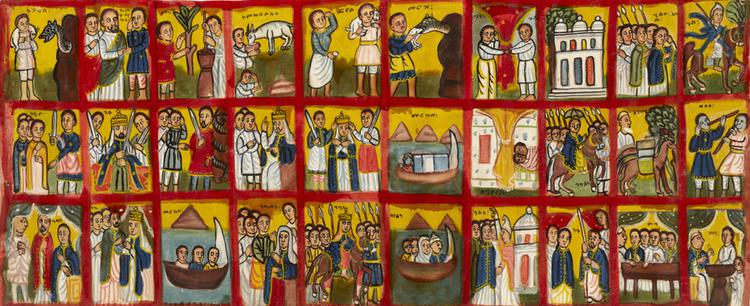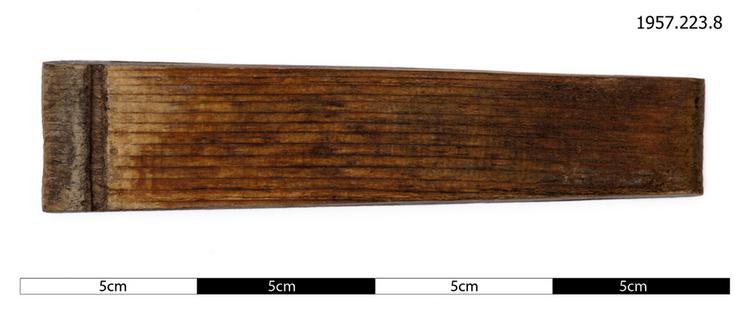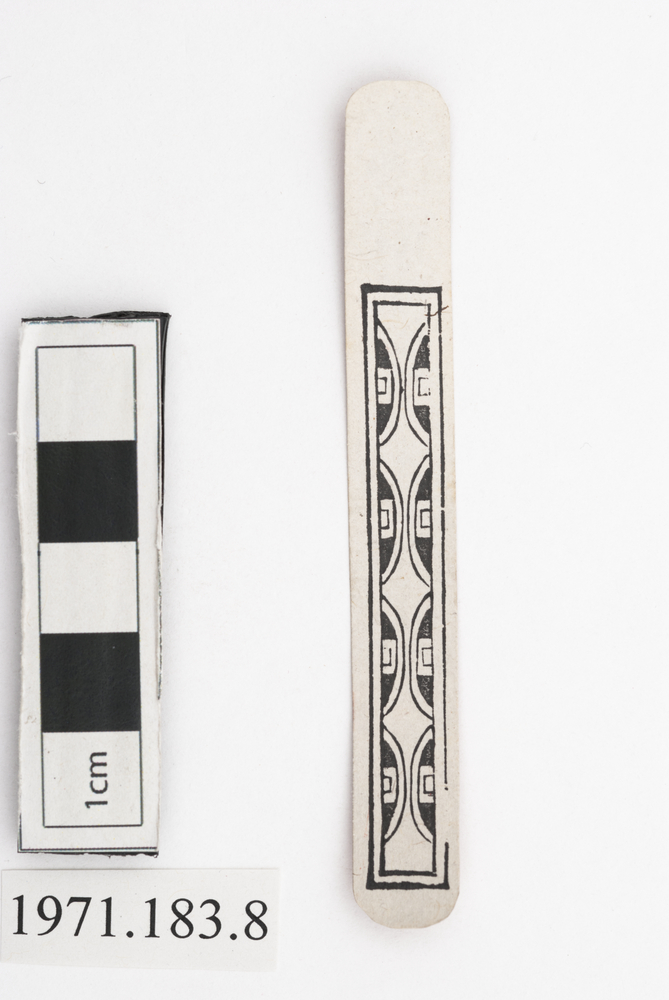
Wooden comb with bamboo central spine, with two inscribed characters painted in red on the central spine. These read: 朱雀 ‘zhu que’, which refers to the Vermilion bird. It is one of the Four Symbols of the Chinese constellations. According to Wu Xing (in Chinese: 五行), the Taoist five-elemental system, it represents the fire-element, the direction south, and the summer season which correspond with one another. Thus it is sometimes called the Vermilion bird of the South (in Chinese: 南方朱雀, nan fang zhu que) and it is also known as Suzaku in Japan and Jujak in Korea. It is often mistaken for the Chinese phoenix (in Chinese: 鳳凰, ‘feng huang’) due to similarities in appearance and the fact that they are both mythological birds associated with fire. But the Chinese phoenix is the king of birds, while the Vermilion Bird is a mythological spirit creature of the Chinese constellations.The Vermilion bird is an elegant and noble bird in both appearance and behaviour, it is very selective in what it eats and where it perches, with its feathers in many different hues of reddish orange. The bird is also an auspicious symbol of good luck.






